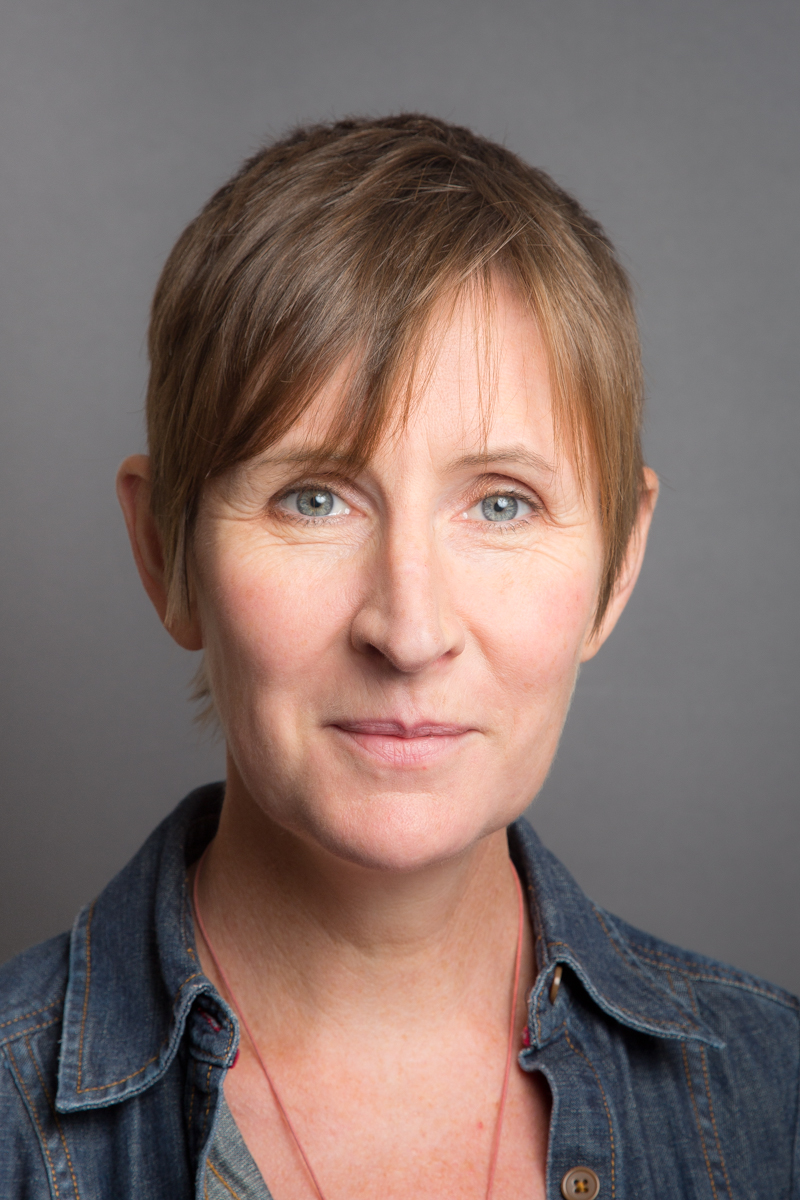Identifying acceptable support strategies for parents of children with obsessive-compulsive disorder (CO-ASSIST)
What did we do?
This study aimed to identify workable ways of providing support that would meet the needs of parents/carers of children with obsessive-compulsive disorder (OCD). The study was initiated and designed through consultation with UK OCD charities and parents/carers. Patient and Public Involvement (PPI) continued throughout the research process, including the involvement of a parent co-researcher.
Why was it important?
OCD is a severe and debilitating emotional disorder that frequently begins in childhood. The effect of obsessions and compulsions are not only distressing for the child experiencing them, but also for the child’s parents/carers. Without adequate support, the role of caring for children and young people can pose a significant burden to parents/carers.
Supporting the family members of people with OCD is consistent with UK policy, which now recognises the vital role of unpaid carers and the need to ensure their wellbeing. Despite these policies, consultation with OCD charities and parent/carer groups indicate that relatives frequently receive little or no support in their parenting/caring role. This is of significant concern given parents’ and carers’ vital role in supporting their child with their mental health problem.
Furthermore, parents’/carers’ health outcomes and those of their wider family are likely to be negatively affected by the strain of living with high levels of burden associated with OCD. There is currently little evidence on how parents/carers and professionals view parental/carer support needs or the help they would find most useful.
How did we do it?
All research activities were undertaken remotely (via telephone or video conferencing software) to mitigate any risks due to COVID-19. The study had three phases.
- Phase 1: We spoke to parents and professionals to understand the needs and challenges of caring for a child with OCD. We looked at published evidence on support for parents of children with a range of mental health conditions, such as anxiety and depression.
- Phase 2: We combined learning from phase 1 to produce a roadmap of potential support strategies. Parents and professionals discussed and voted on these strategies to help us decide which were most helpful, while also being feasible to provide.
- Phase 3: Parents and professionals reviewed results from the phase 2 voting to select the components of a support package and how these might be delivered.
Patient and Public Involvement
A parent co-researcher and senior representatives from two national service-user led charities contributed to all stages of the research project.
Findings
The most workable, helpful solution to address the current gap in provision was an online platform containing sensitive parent-informed resources and information to:
- Support and equip parents to support their child.
- Help parents make sense of OCD.
- Support parents to develop a shared understanding of OCD within the family.
- Help parents to consider their self-care.
- Provide opportunities for parents to be heard by people who understand.
Downloadable resources
- Publications
- Lay summary of the findings
- Podcast
- Podcast - Claire talks to Emma & Debbie about OCD (CO-ASSIST) - Also available on Spotify, Ankor and iTunes.
- News story
Future plans
Further funding has been secured via a National Institute for Health and Care Research (NIHR) Programme Development Grant (NIHR205677) to develop the design and testing of the intervention further. This work is taking place in a project called Development of a programme to reduce burden and distress in parents and carers of children with OCD.
Who did we work with?
- Greater Manchester Mental Health NHS Foundation Trust (host organisation)
- OCD UK
- Anxiety UK
- OCD Action
- 42nd Street
- Manchester University NHS Trust
- North Staffordshire Combined Healthcare NHS Trust
- Dorset Healthcare University NHS Foundation Trust
- Berkshire Healthcare NHS Foundation Trust
- Pennine Care NHS Foundation Trust
- Caribbean & African Health Network (CAHN)
- E-ACT
More information

Programme Manager
Gill Rizzello
gill.rizzello@manchester.ac.uk